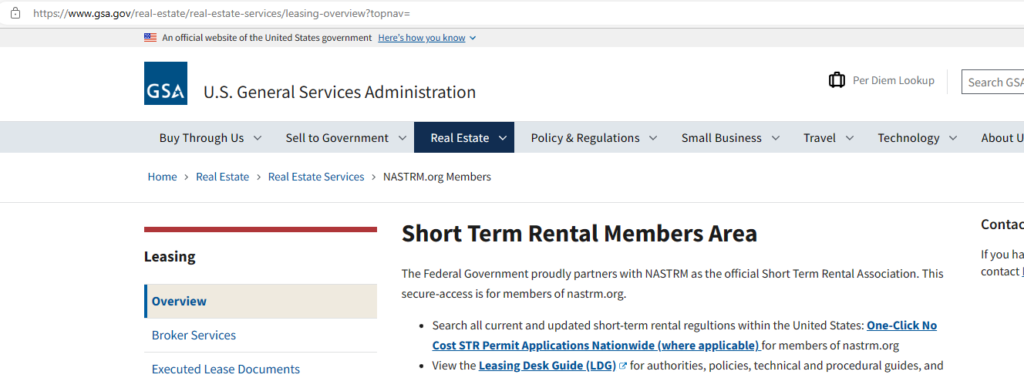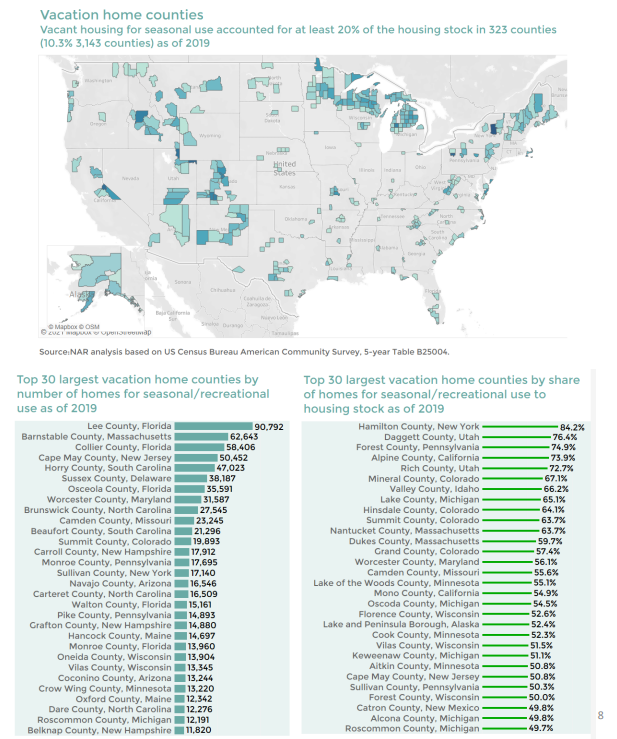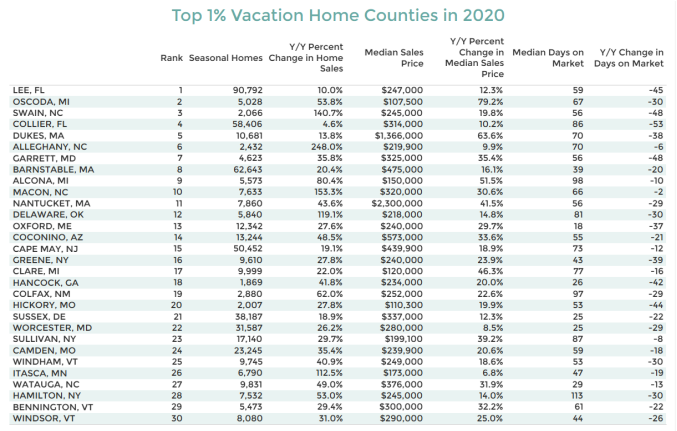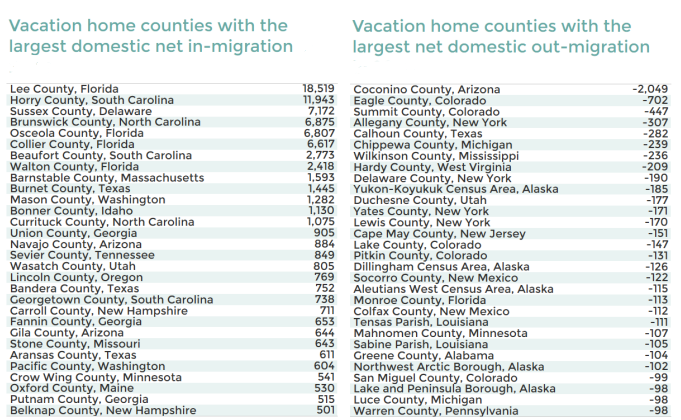
Short Term Rental Management Industry Facts Toolkit
Vacation Rental Data

Overview:
All members can access the Government short-term rental members area upon joining NASTRM. Short term rental management refers to the practice of managing properties rented out for brief periods, usually ranging from a few days to a few months. This industry has grown rapidly due to the popularity of online platforms like Airbnb, VRBO, and Booking.com, which connect property owners with guests seeking temporary accommodations.

Market Size:

As of 2021, the global short term rental market was valued at approximately $100 billion, with a projected CAGR (Compound Annual Growth Rate) of around 6.5% between 2021 and 2028.
Key Players:
Some of the major players in the short term rental management industry include:
Airbnb
Booking.com
Expedia Group (owns VRBO and HomeAway)
TripAdvisor (owns FlipKey)
China-based Tujia and Xiaozhu
Management Companies:
Many property owners choose to work with short term rental management companies that handle tasks such as marketing, guest communication, and property maintenance. Some prominent management companies include:
- Vacasa
- Soda Stays
- Evolve
- ASATR

Regulations:
Regulations governing short term rentals vary by country, state, and city. Property owners must comply with local laws, which may include registering or obtaining permits, paying taxes, and adhering to safety requirements. Some cities have strict restrictions or even bans on short term rentals, so it’s essential to be aware of the regulatory environment in your area.
Technology:
Property management software solutions are popular in the short term rental industry, with options like Guesty, Lodgify, and Hostfully offering features such as booking management, guest communication, and reporting. Smart home technology, like keyless entry systems and remote monitoring, is also increasingly popular to improve guest experiences and streamline management processes.
Industry Trends:
Some notable trends in the short term rental management industry include:
Focus on health and safety measures in response to the COVID-19 pandemic
Growing interest in remote work and longer stays, leading to a shift toward “digital nomad” accommodations
Increasing demand for unique and personalized guest experiences
Sustainable and eco-friendly practices becoming more important to travelers
Consolidation of smaller property management companies
Challenges:
Some of the challenges faced by the short term rental management industry include:
Regulatory changes and compliance
Competition with hotels and other accommodation options
Managing guest expectations and maintaining high levels of customer satisfaction
Balancing pricing strategies to maximize occupancy and revenue
Adapting to shifting travel trends and market fluctuations
Future Prospects:
The short term rental management industry is expected to continue growing as travelers seek unique and flexible accommodations. As technology and management solutions advance, property owners and managers will have more opportunities to optimize their operations and meet the evolving needs of guests.
Economic Impact:
The short term rental industry has had a significant economic impact on local communities, with guests often spending money on local businesses and attractions. This industry also generates tax revenue and creates job opportunities in property management, maintenance, and hospitality services.
Demographics and Target Markets:
The short term rental market caters to various demographics and target markets, including:
- Tourists and leisure travelers
- Business travelers
- Families and groups
- Digital nomads and remote workers
- Long-term visitors (e.g., those on extended vacations or temporary work assignments)
Marketing Strategies:
Effective marketing strategies for short term rental management companies include:
- Optimizing property listings on major platforms (e.g., Airbnb, VRBO) with high-quality photos and descriptions
- Utilizing search engine optimization (SEO) and online advertising to reach target audiences
- Establishing a strong social media presence to engage with guests and showcase properties
- Encouraging positive reviews and testimonials from satisfied guests
- Creating partnerships with local businesses and tourist attractions to cross-promote services
Insurance and Liability: Property owners and management companies must consider insurance and liability issues when operating short term rentals. This may involve obtaining specialized short term rental insurance policies that cover property damage, liability claims, and loss of rental income. Some platforms, like Airbnb, also offer additional protection through their host guarantee programs.
Property Maintenance and Upkeep: To ensure guest satisfaction and maintain the property’s value, regular maintenance and upkeep are crucial. This includes routine cleaning, repairs, and updates to furnishings and amenities. Management companies often coordinate these tasks on behalf of property owners.
Pricing Strategies:
Effective pricing strategies are essential for maximizing revenue and occupancy rates in the short term rental industry. Dynamic pricing, which adjusts rates based on factors such as seasonal demand, local events, and market conditions, is increasingly popular. Property management software often includes pricing optimization tools to assist in setting competitive rates.
Industry Associations and Resources: Several industry associations and resources provide support and advocacy for short term rental operators, including:
- Vacation Rental Management Association (VRMA)
- Association of Vacation Rental Operators & Affiliates (AVROA)
- Short Term Rental Advocacy Center (STRAC)
- Professional Association of Innkeepers International (PAII)
These organizations offer resources, networking opportunities, and advocacy for the short term rental management industry, helping property owners and managers navigate the evolving landscape.